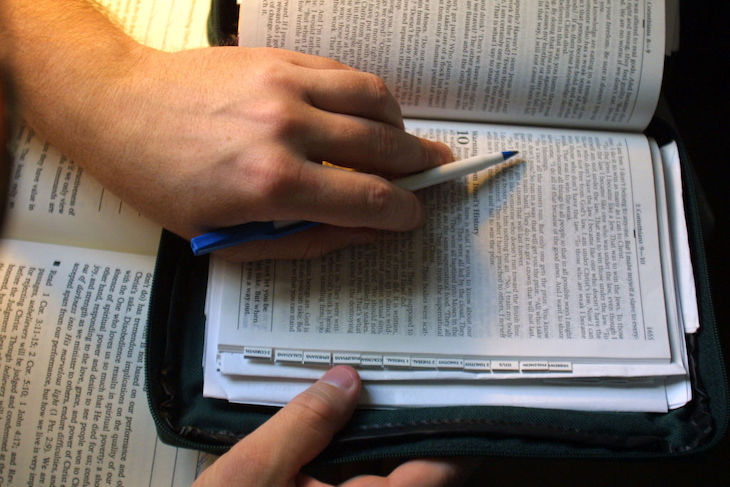As the Church of England once again tears itself apart over gay marriage, us transsexual Christians have slipped in under the radar. It’s been 24 years since the first transgender CofE priest, Carol Stone, returned to work in Swindon after gender reassignment surgery. Even in 2000, Stone’s parishioners weren’t that bothered about their ‘new’ vicar.
Already a subscriber? Log in
Subscribe for just $2 a week
Try a month of The Spectator Australia absolutely free and without commitment. Not only that but – if you choose to continue – you’ll pay just $2 a week for your first year.
- Unlimited access to spectator.com.au and app
- The weekly edition on the Spectator Australia app
- Spectator podcasts and newsletters
- Full access to spectator.co.uk
Or




















Comments
Don't miss out
Join the conversation with other Spectator Australia readers. Subscribe to leave a comment.
SUBSCRIBEAlready a subscriber? Log in